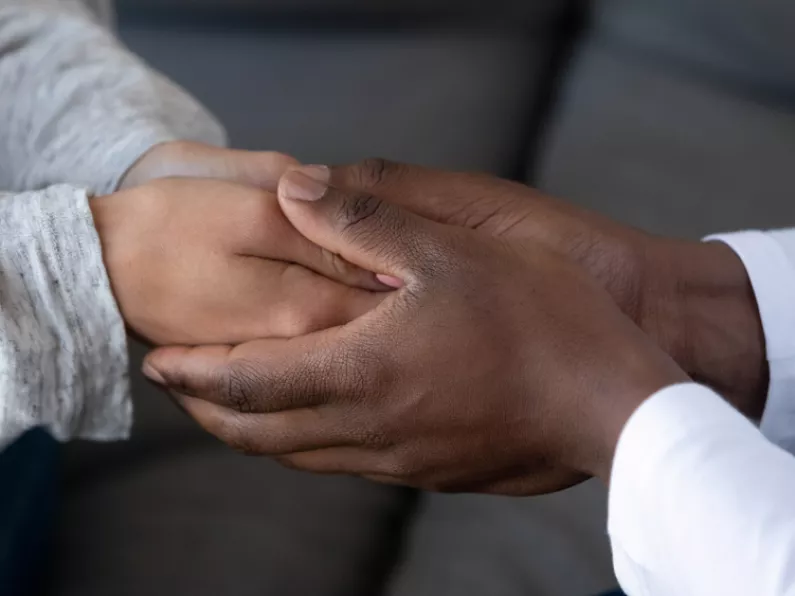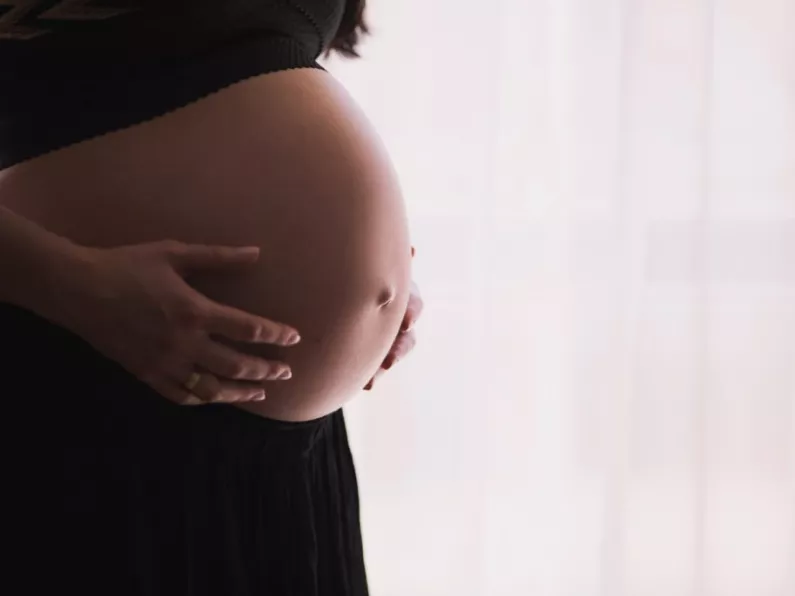Coping with the emotional impact of miscarriage is not easy.
Miscarriage is a deeply personal and emotionally-challenging experience that affects millions of individuals and couples worldwide.
The loss of a pregnancy can bring about a range of complex emotions, and it is important to acknowledge and nurture mental health during this difficult period.
Experiencing a miscarriage is devastating.
I can remember the broken and intense feelings I experienced when I had my miscarriage in 2018. It can trigger a wide array of emotions such as grief, sadness, guilt, anger, confusion, and even feelings of inadequacy.
It is crucial to recognize that these emotions are valid and vary from person to person, so it's important to take the time to acknowledge and accept your feelings without judgment or pressure to "move on."
Remember, you are not alone in this journey.
Coping with the emotional impact of miscarriage
So many women have endured this loss, yet we fail to realize this. So many suffer in silence, but you do not have to.
Reach out to your partner, family, or close friends for emotional support.
Sharing your feelings and experiences can be therapeutic and help in the healing process.
Additionally, joining support groups or seeking professional help can provide a safe space to express emotions and gain valuable insights from others who have experienced similar losses.
- Self-care and healing: When coping with miscarriage, it is essential to prioritize self-care. Engage in activities that bring you comfort taking walks, exercise, practicing mindfulness or meditation, journaling, or engaging in hobbies that promote relaxation. Nurturing your mental health through self-care activities can help you navigate the grieving process more effectively.
- Honouring your loss: Many individuals find peace in honoring and memorializing their lost pregnancy. This can be done in various ways, such as planting a tree or flowers, creating a memory box with keepsakes, writing a letter or poem to your unborn child, or participating in a memorial service or ceremony. These gestures can provide closure and help in the healing process. This loss is no less important and deserves to be remembered to help the process of healing.
- Managing relationships: Miscarriage can place strain on relationships, and partners may grieve differently. Open and honest communication is key to navigating this challenging time together. Express your needs and emotions, while also being understanding and empathetic towards your partner. Seeking couples counseling can also be beneficial in strengthening your bond and facilitating healing as a team.
- Dealing with triggers: Certain events or situations may act as triggers, such as children's birthdays, birth announcements or baby showers, the projected due date. These triggers may intensify emotions related to miscarriage. Understand that these triggers are normal and may occur unexpectedly. Identifying potential triggers and developing coping mechanisms, such as deep breathing exercises, grounding techniques, or seeking immediate support, can help manage these challenging moments.
- Moving forward: Moving forward after a miscarriage is a personal journey, and the timeline for healing will vary for each individual. It's essential to be patient with yourself and allow yourself to grieve at your own pace. Embrace hope and look towards the future, whether that involves exploring alternative paths to parenthood, focusing on personal growth, or finding joy in other aspects of life.
Seeking help is a sign of strength
Miscarriage is an intense loss that we often minimize.
It has a significant impact on our mental health, but with time, support, and self-care, healing is possible.
Remember, it is okay to not be okay, and seeking help is a sign of strength. You are not a failure and the miscarriage was not your fault.
By nurturing your mental health, processing emotions, and embracing healing strategies, you can navigate the emotional rollercoaster of miscarriage and find solace in your journey towards a brighter future.







